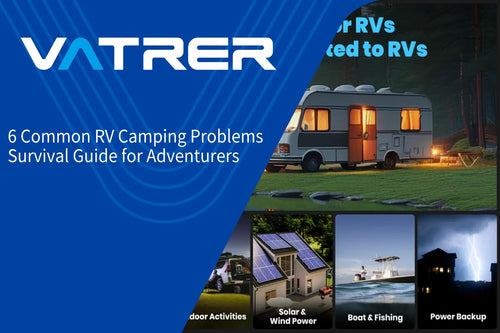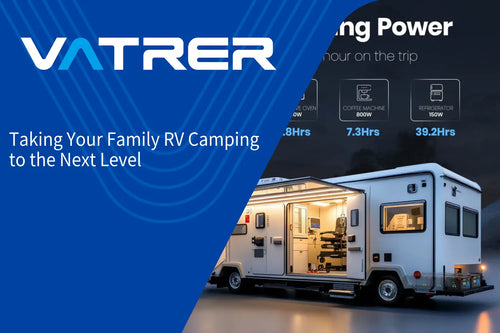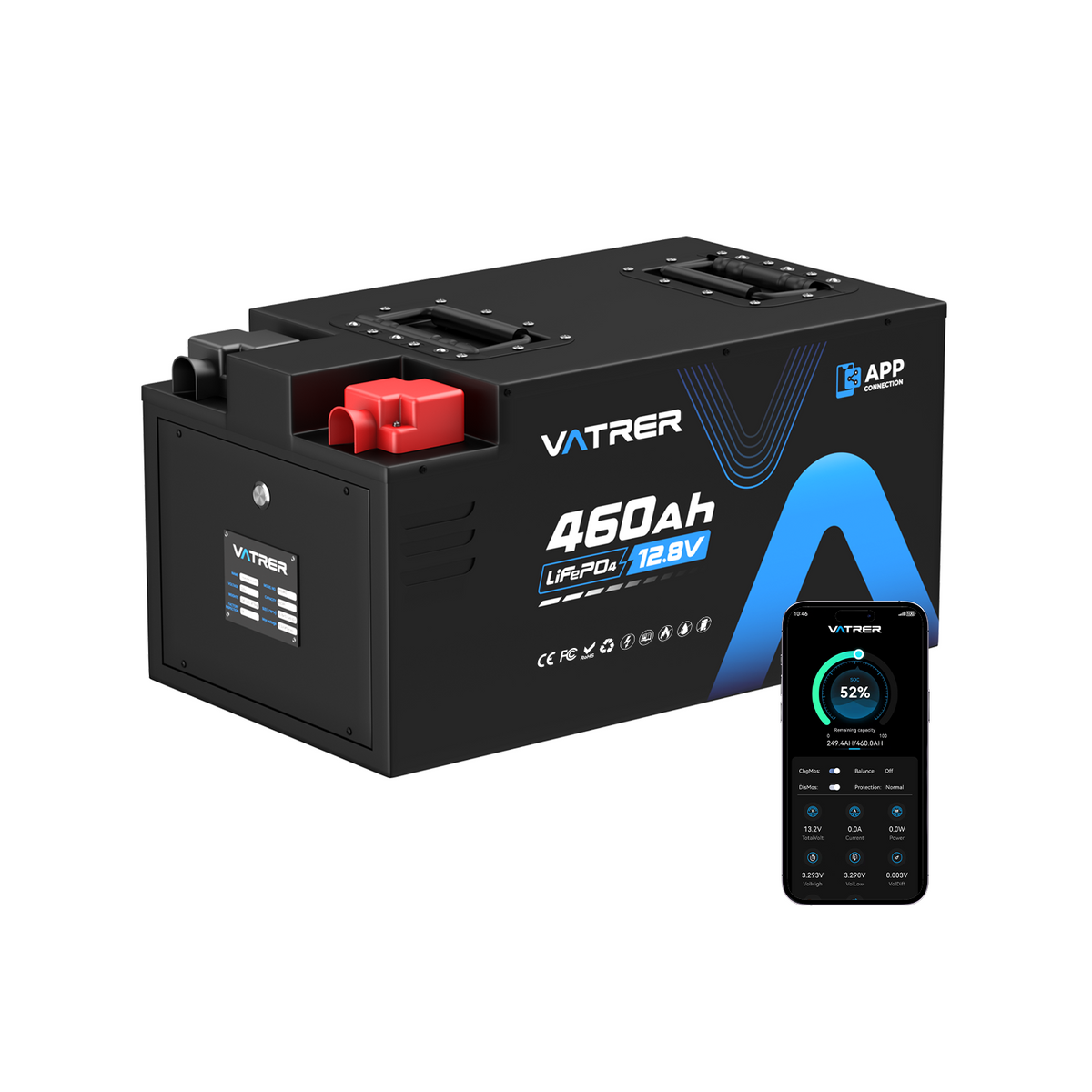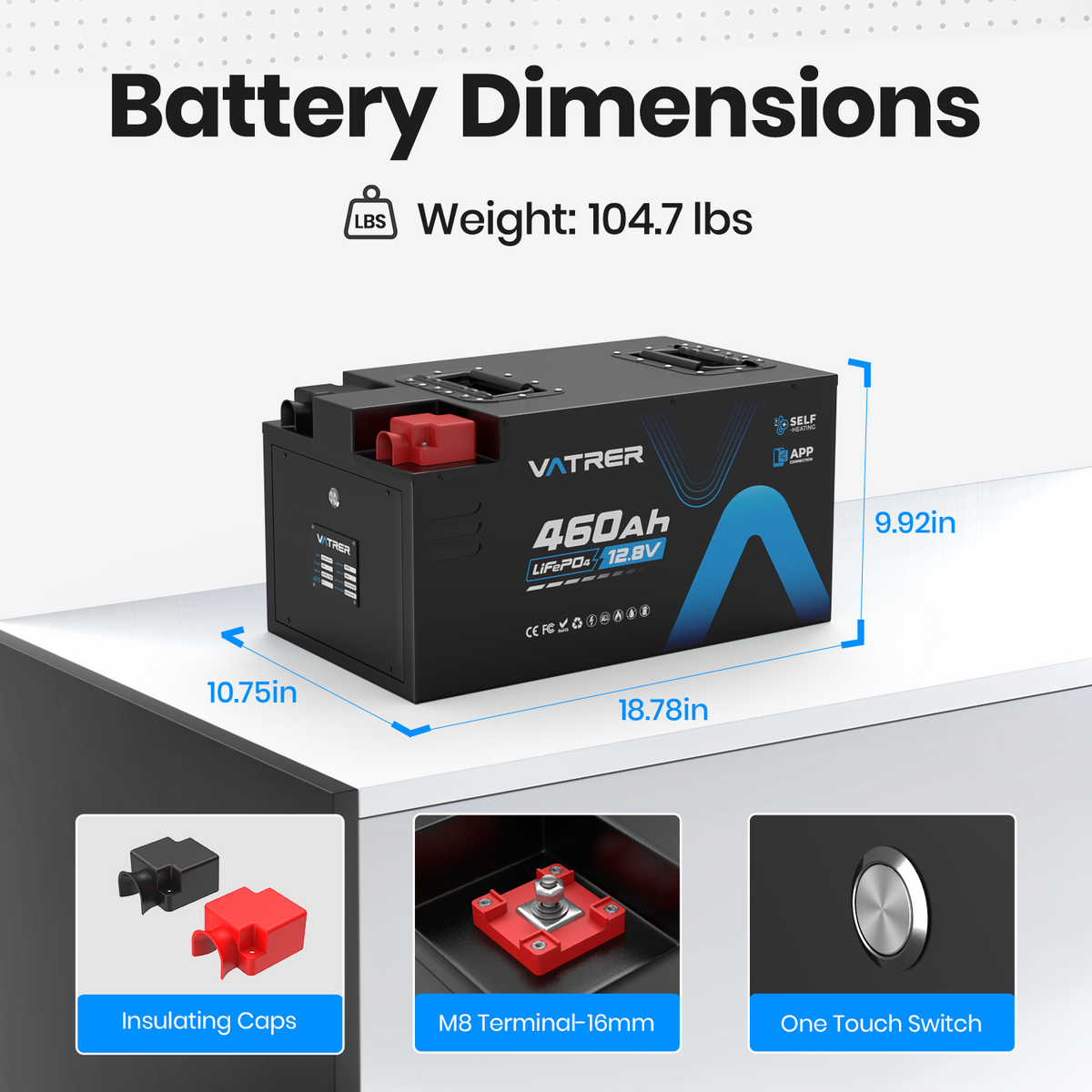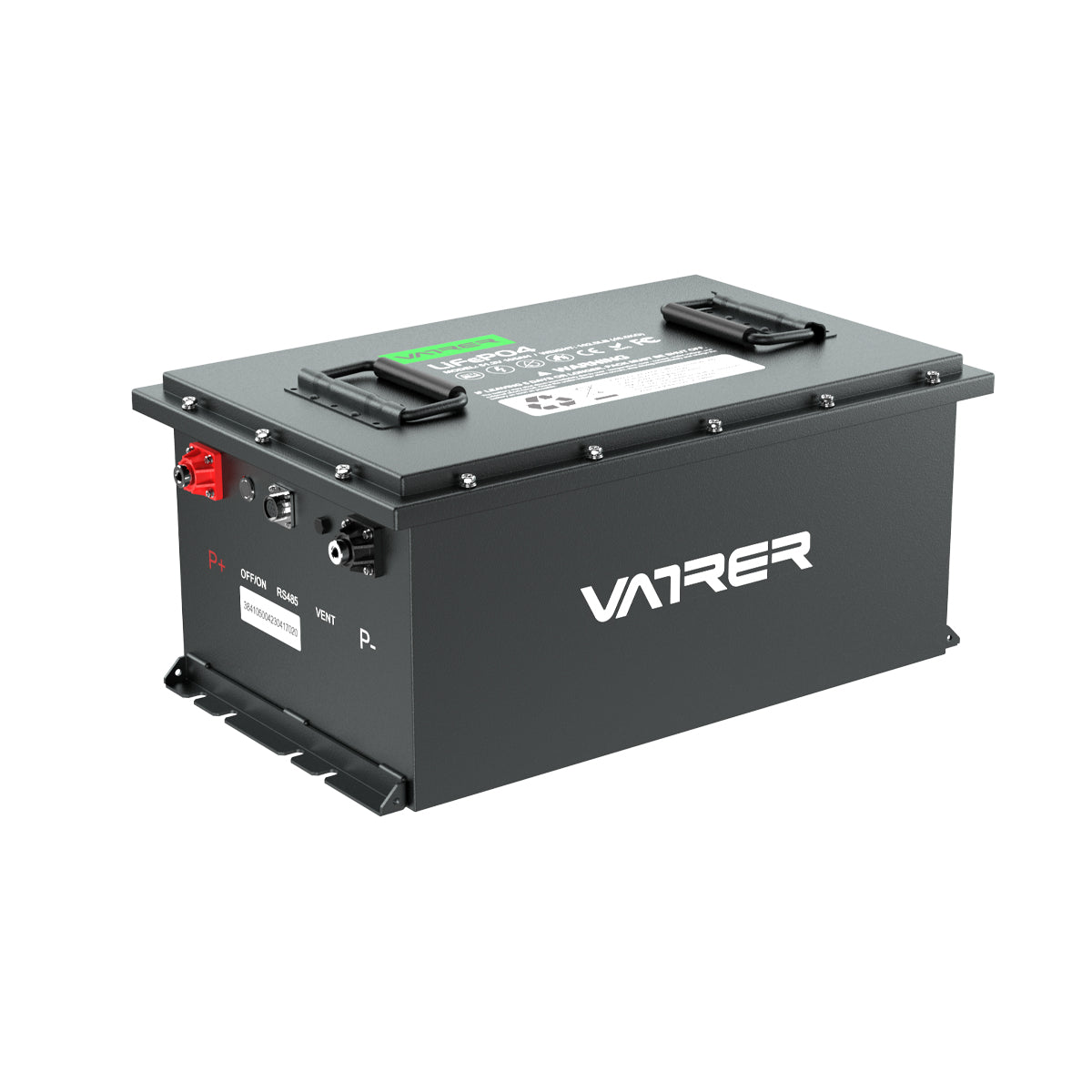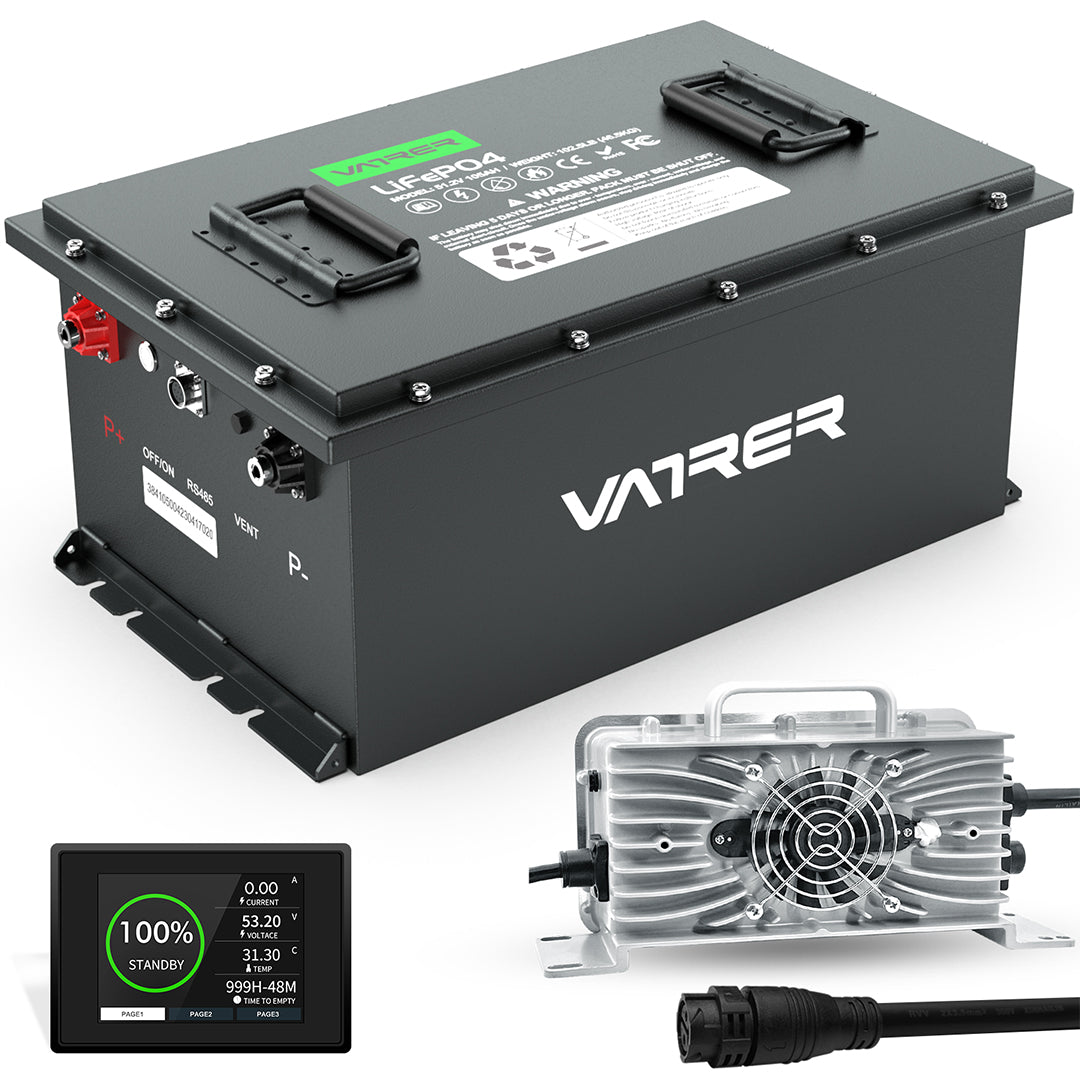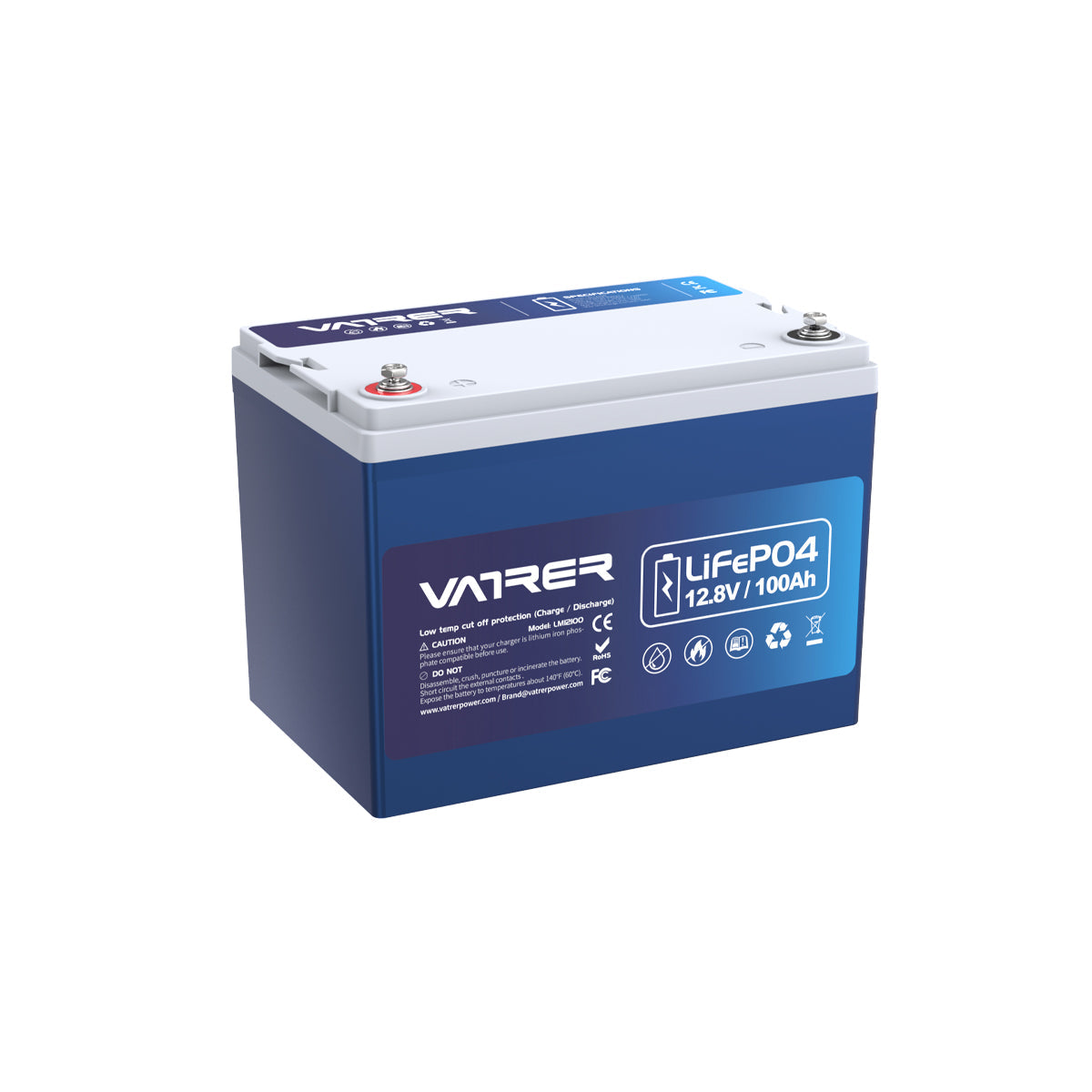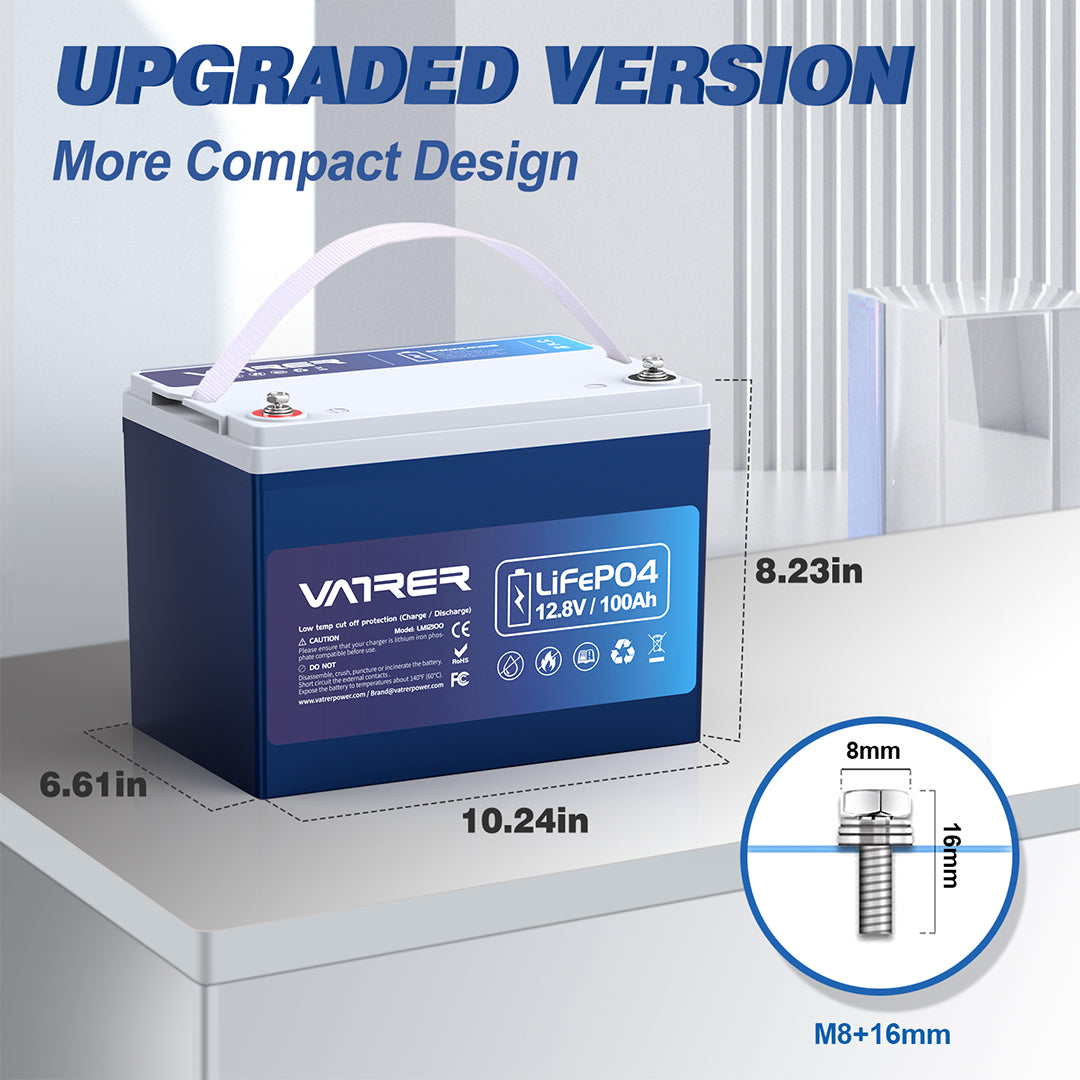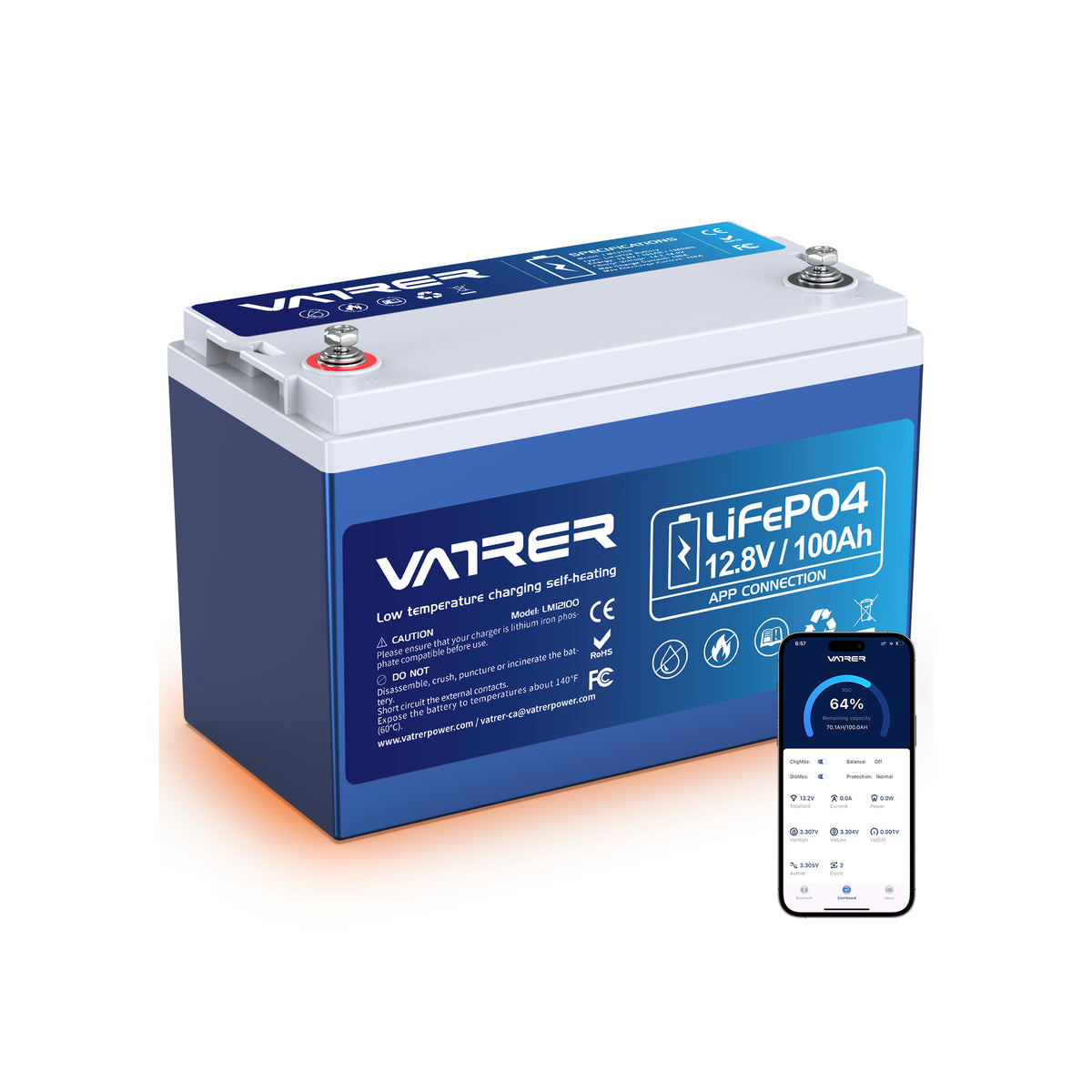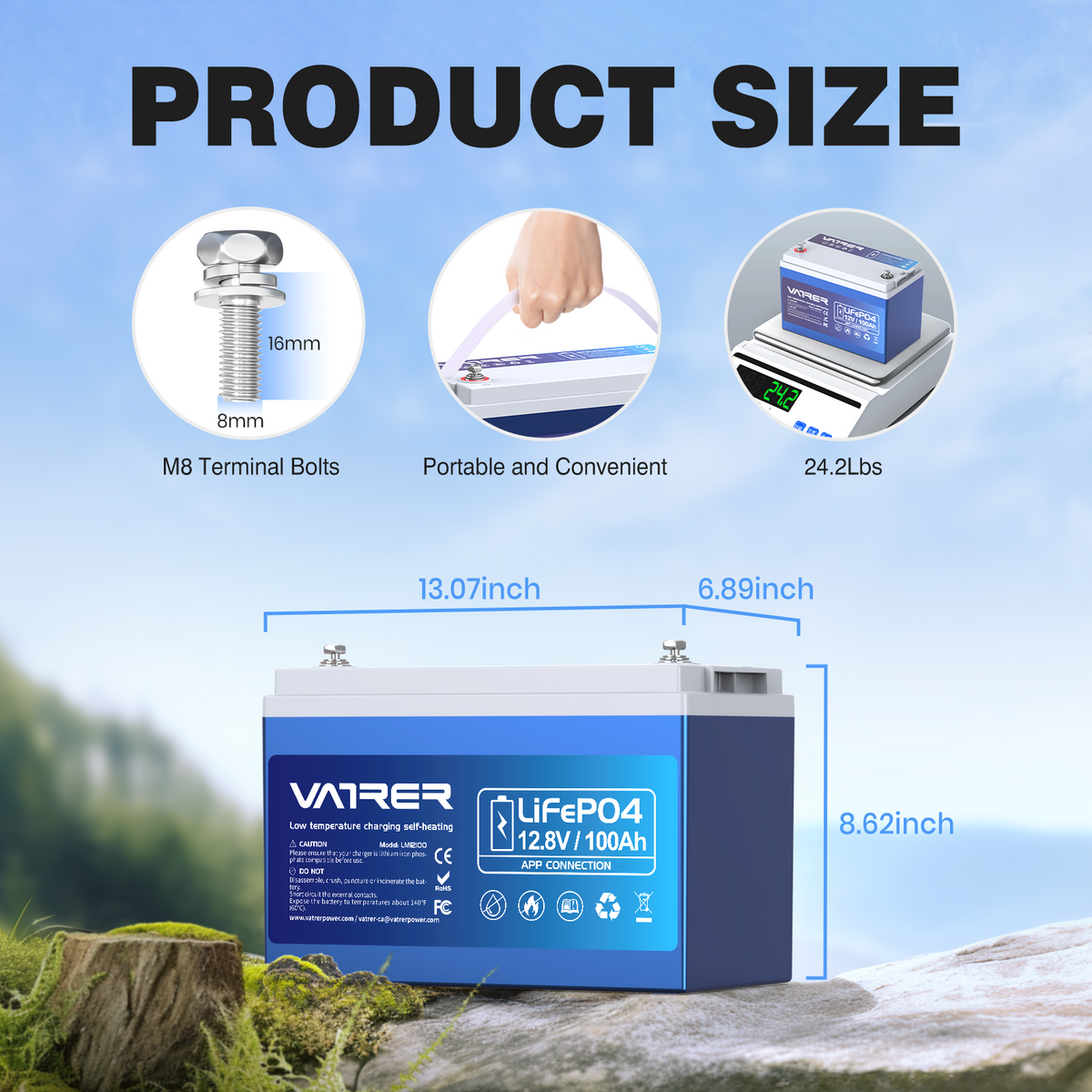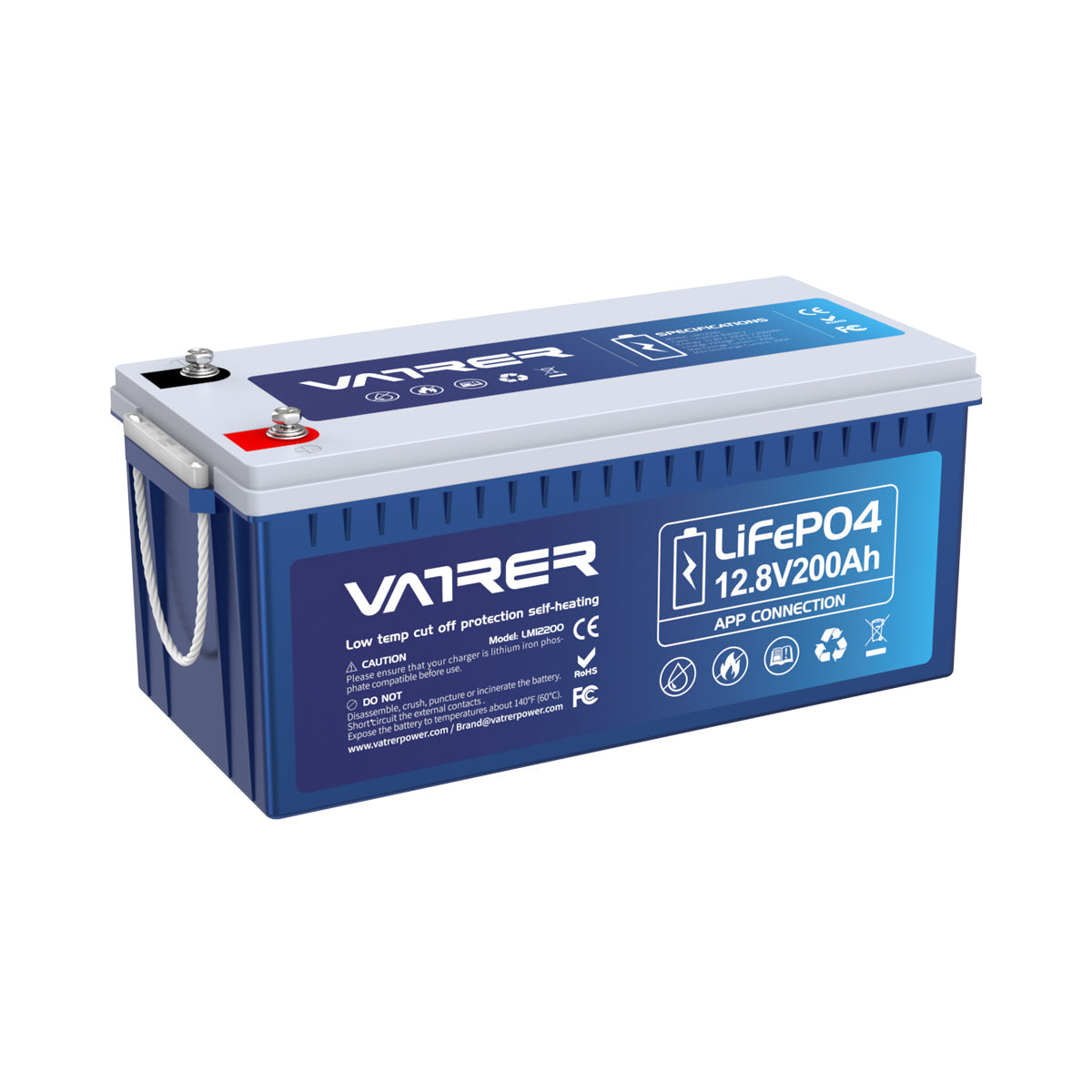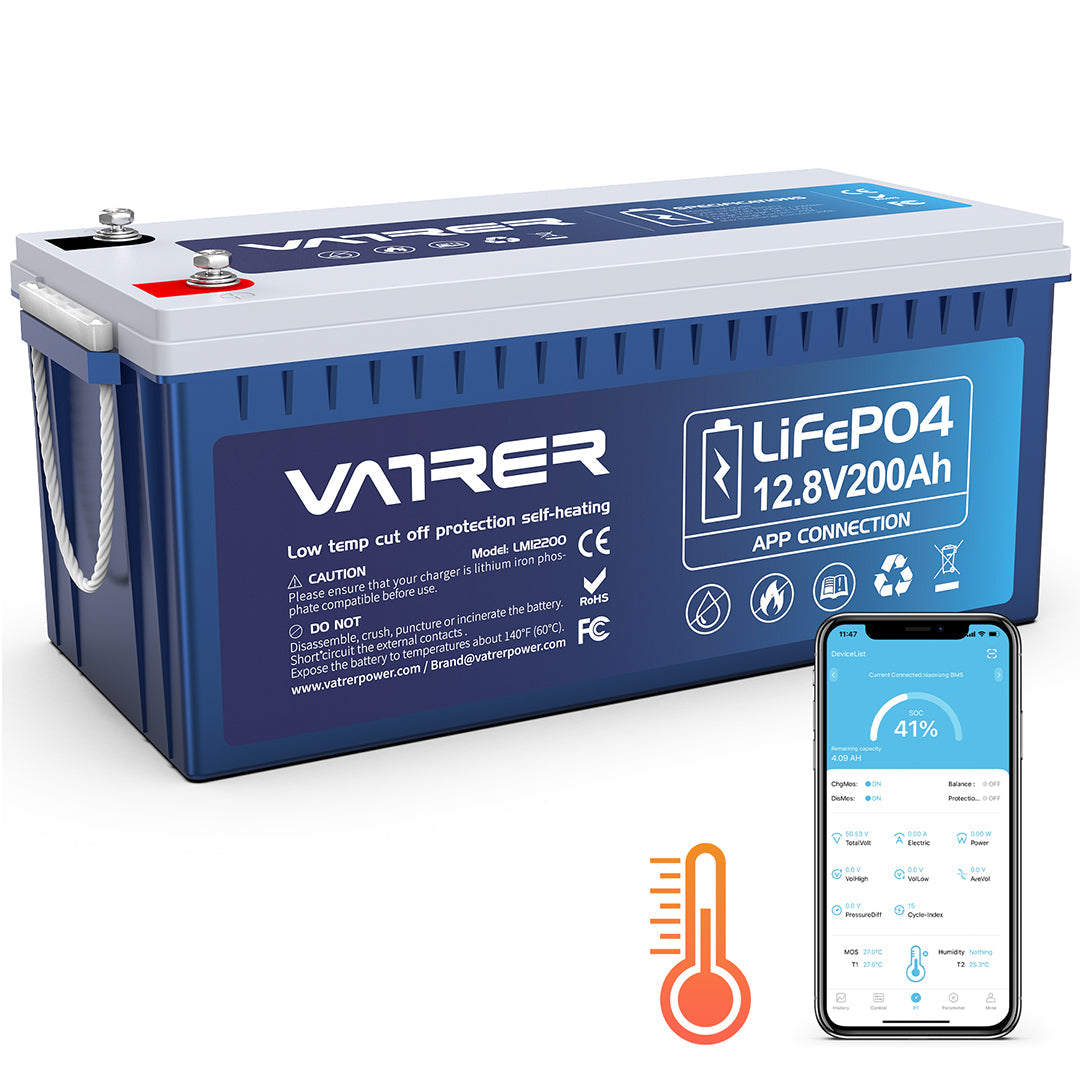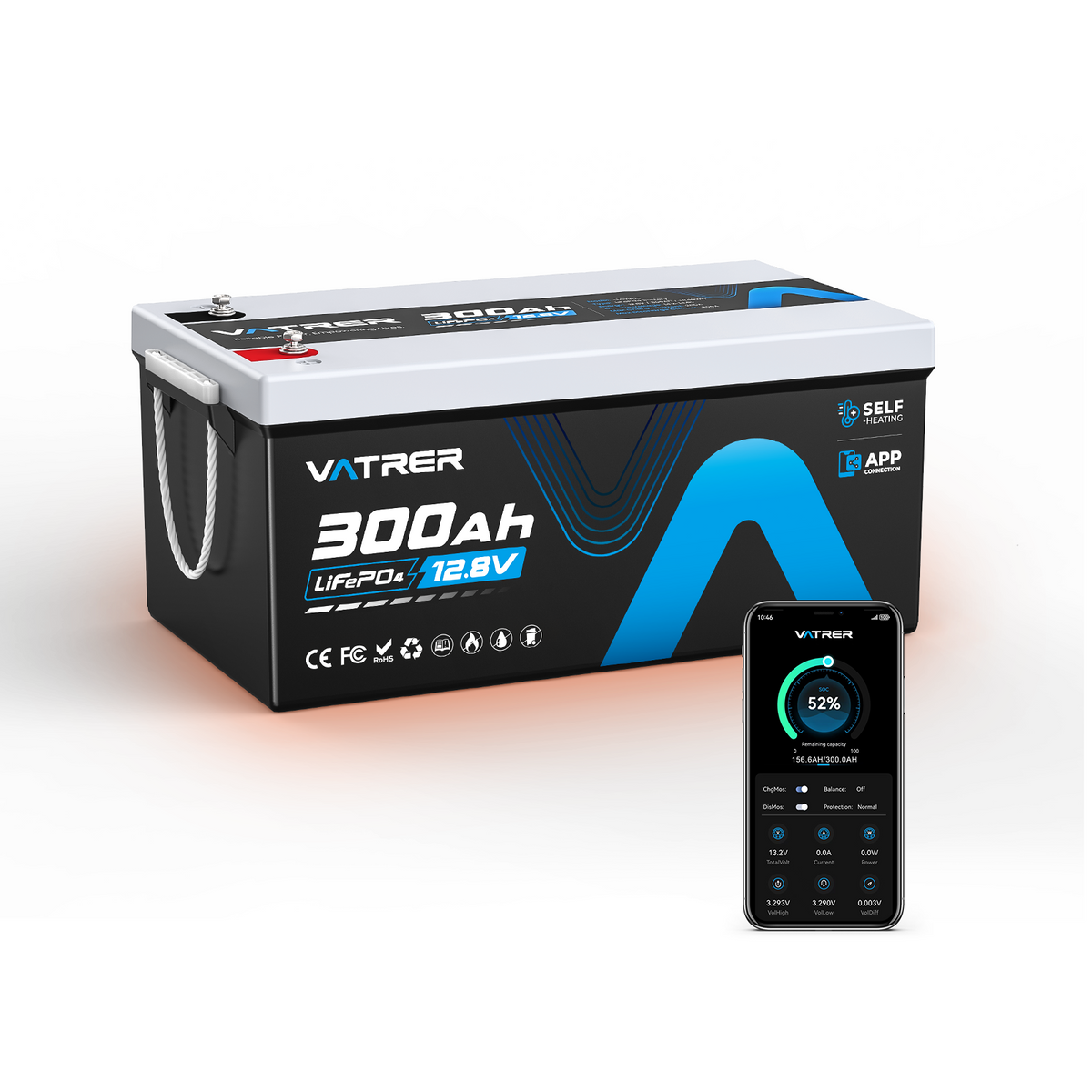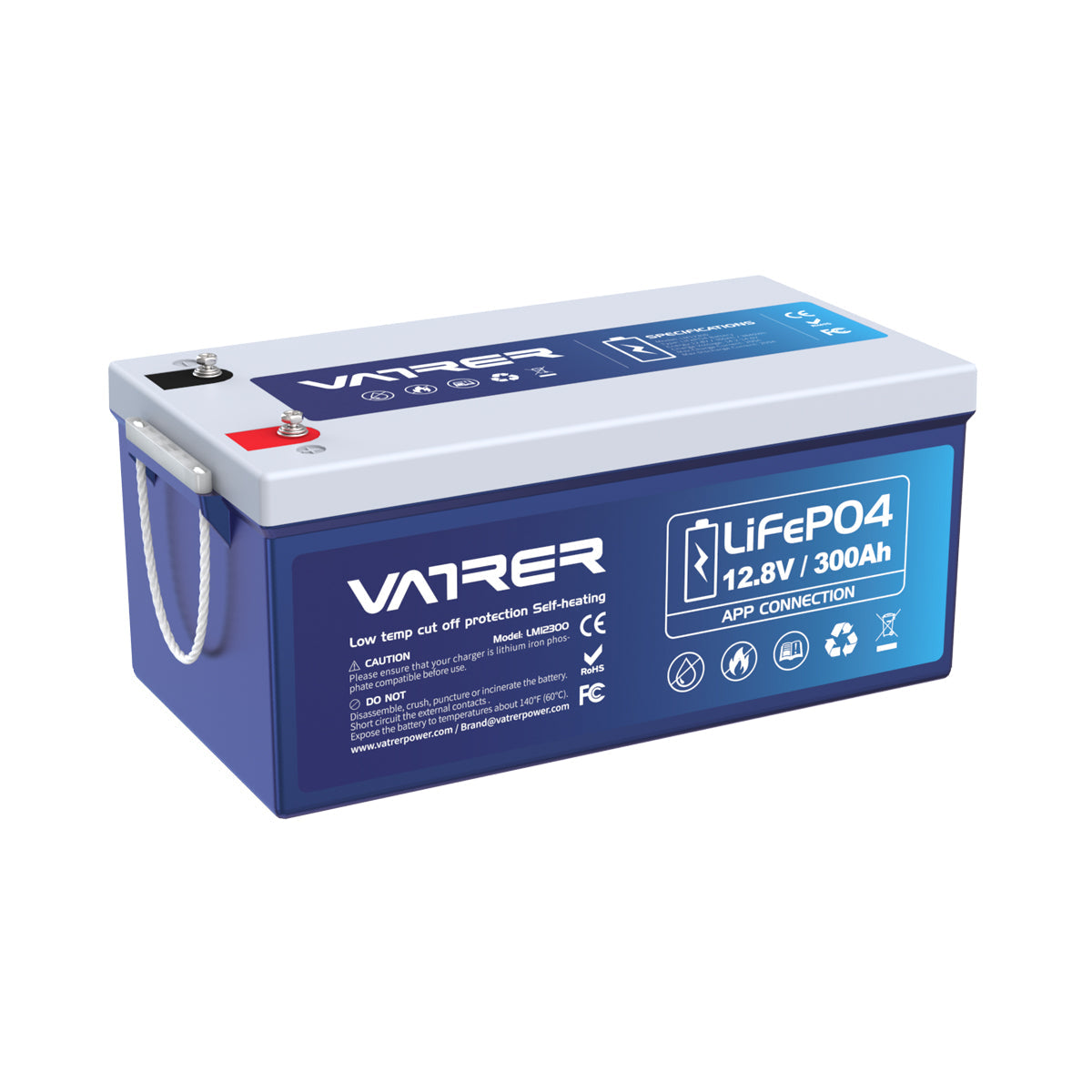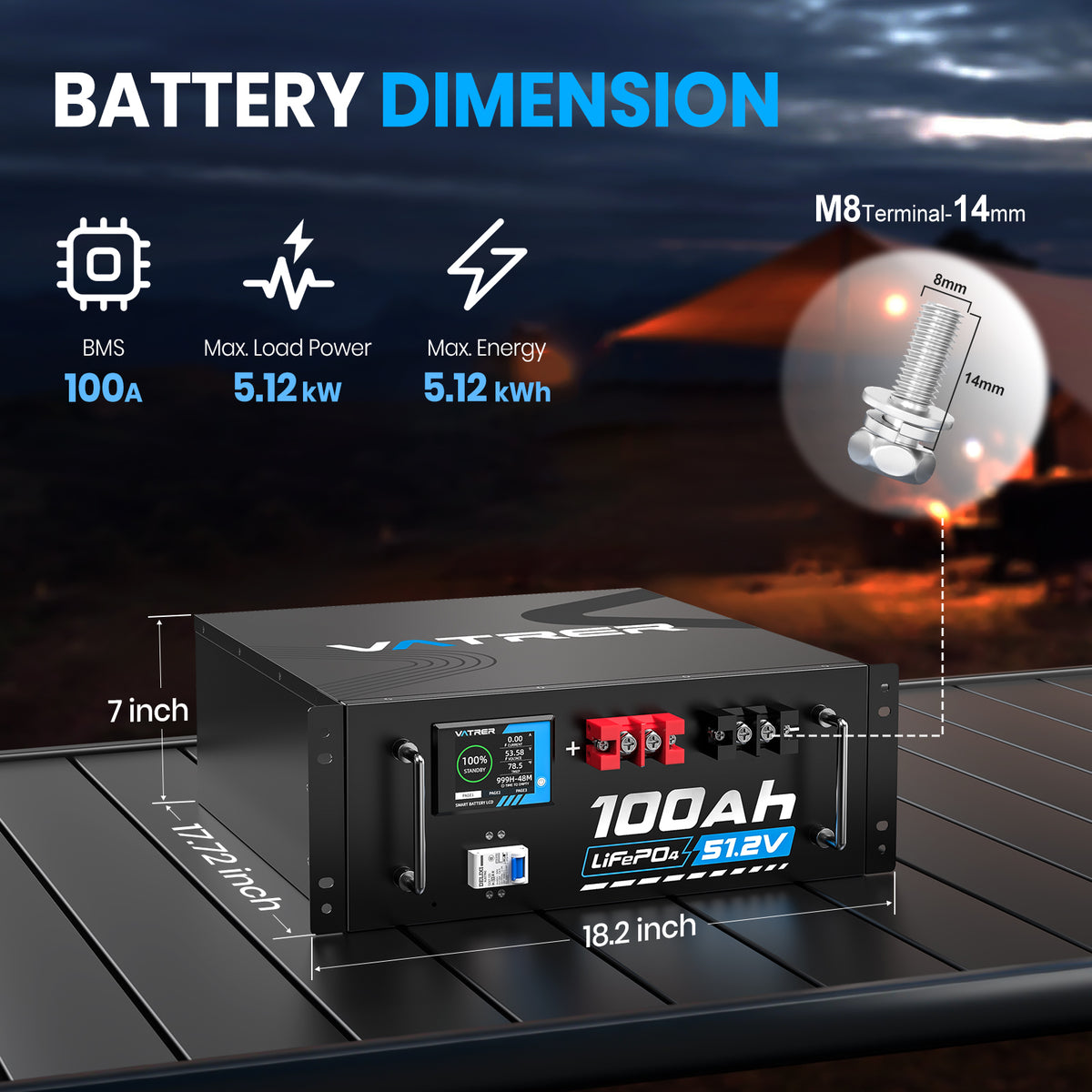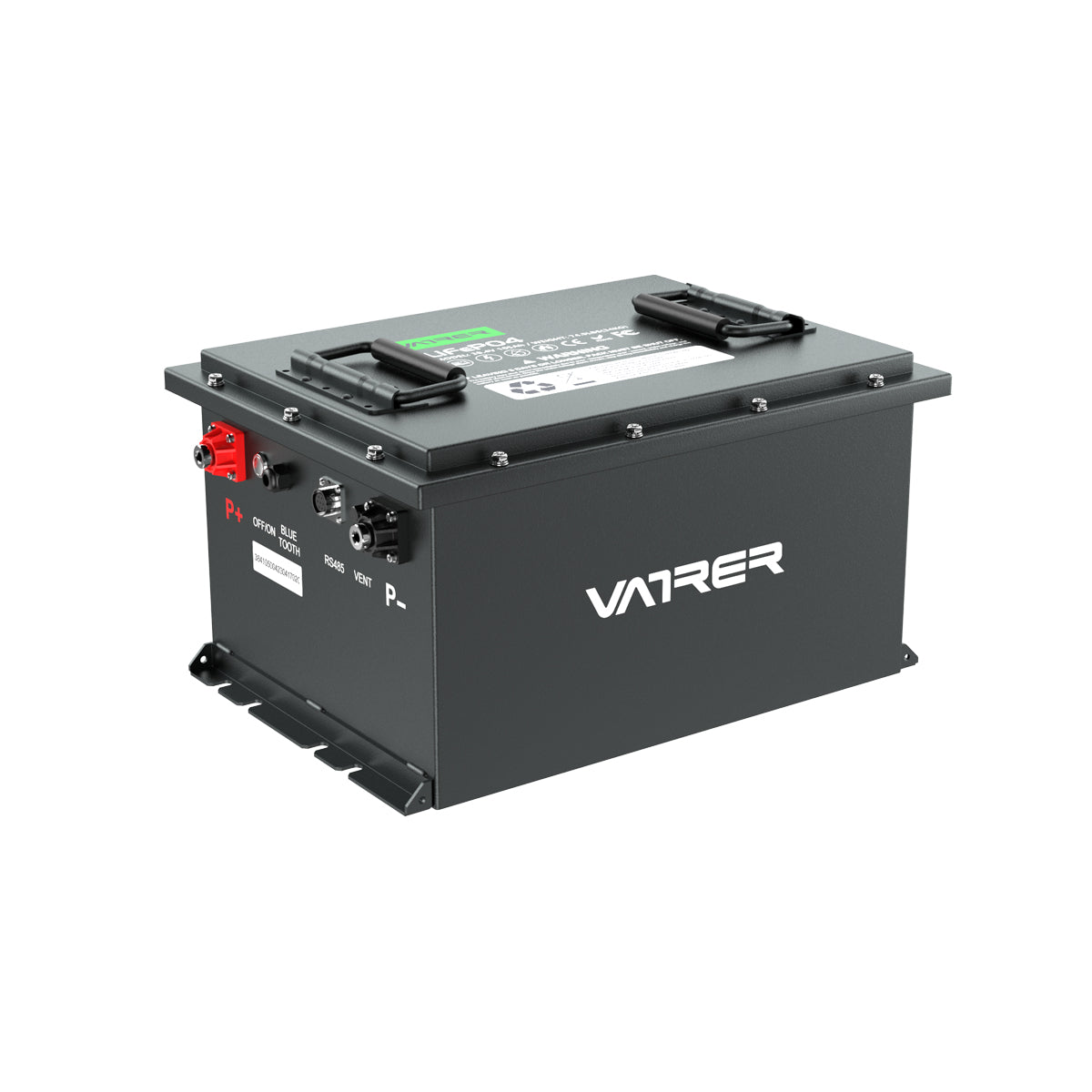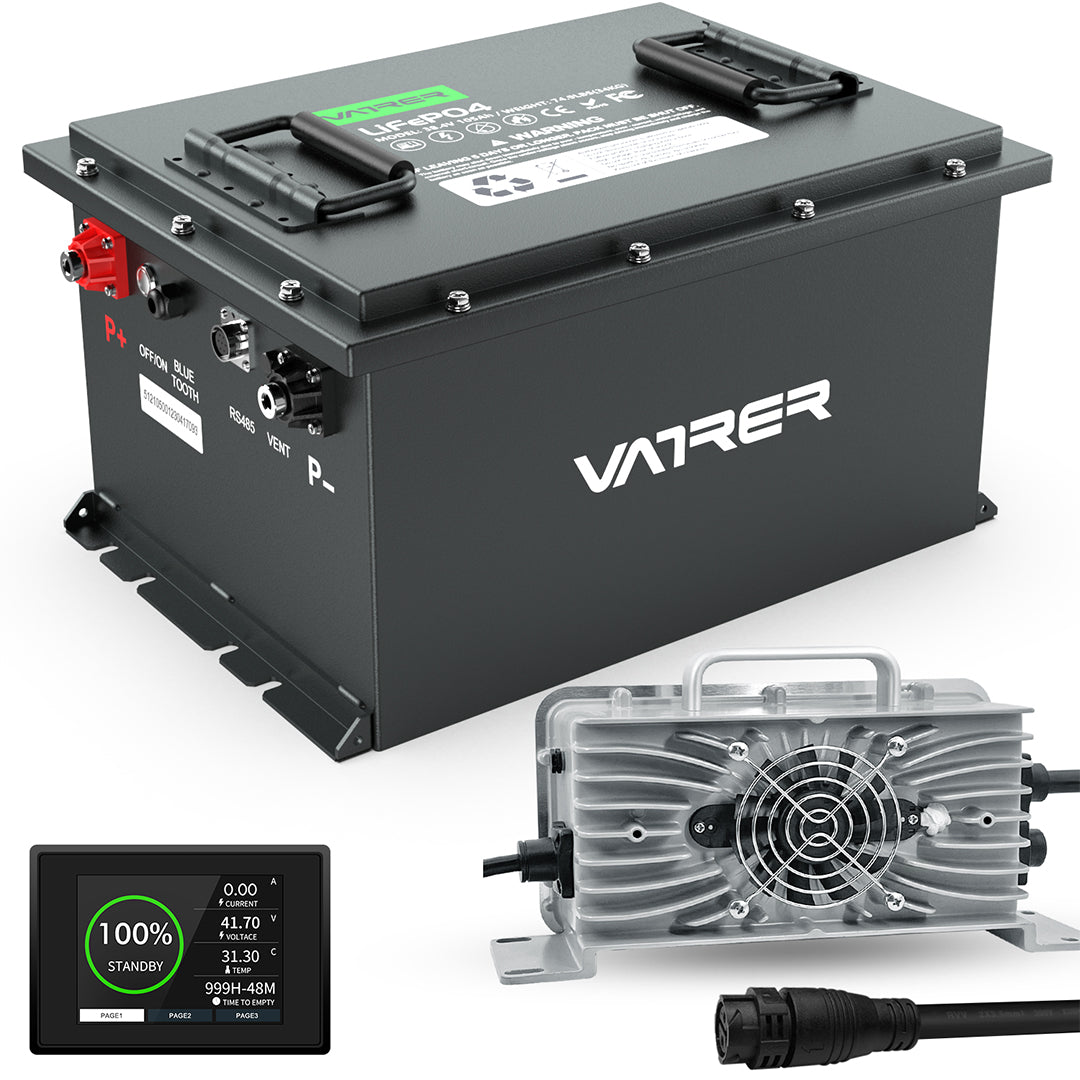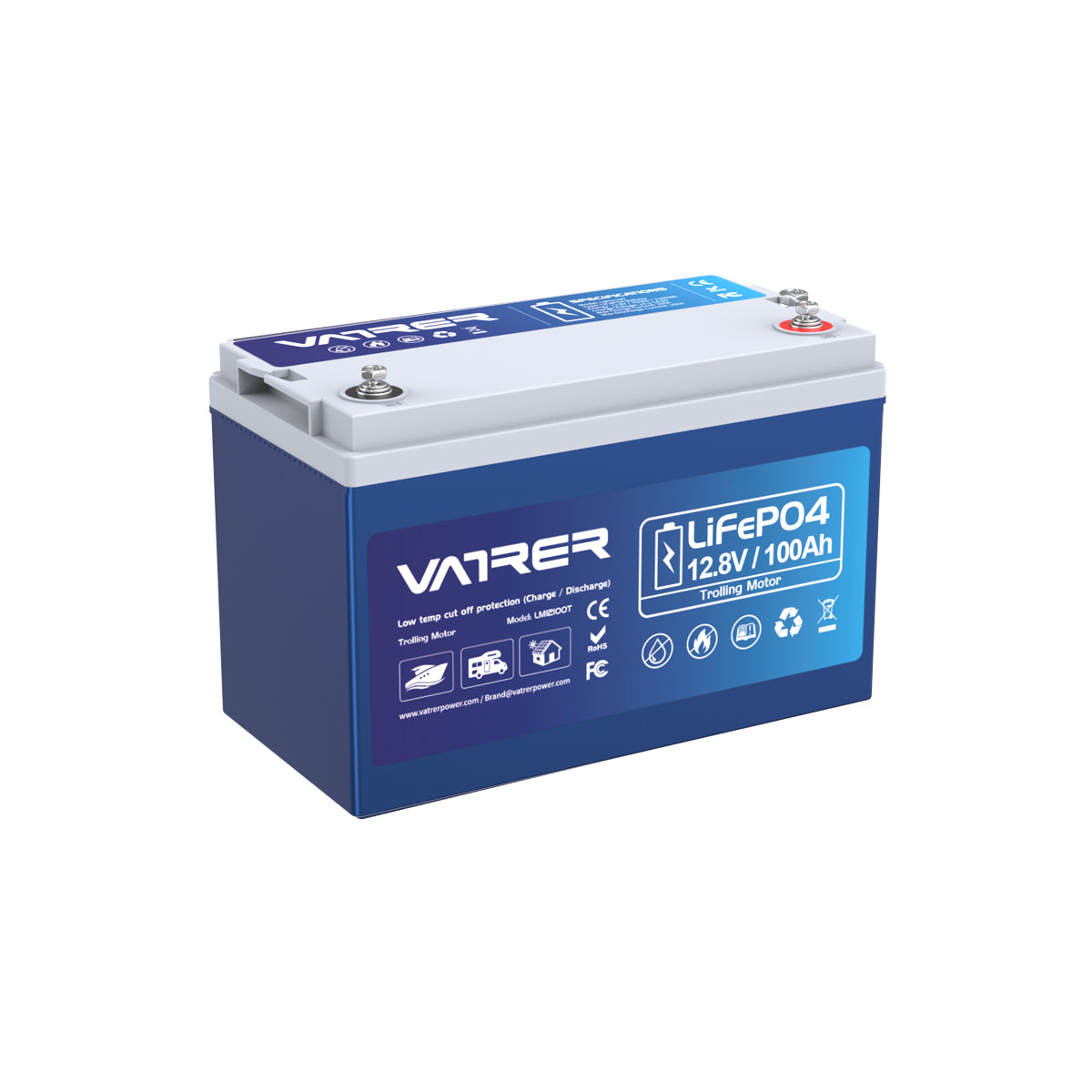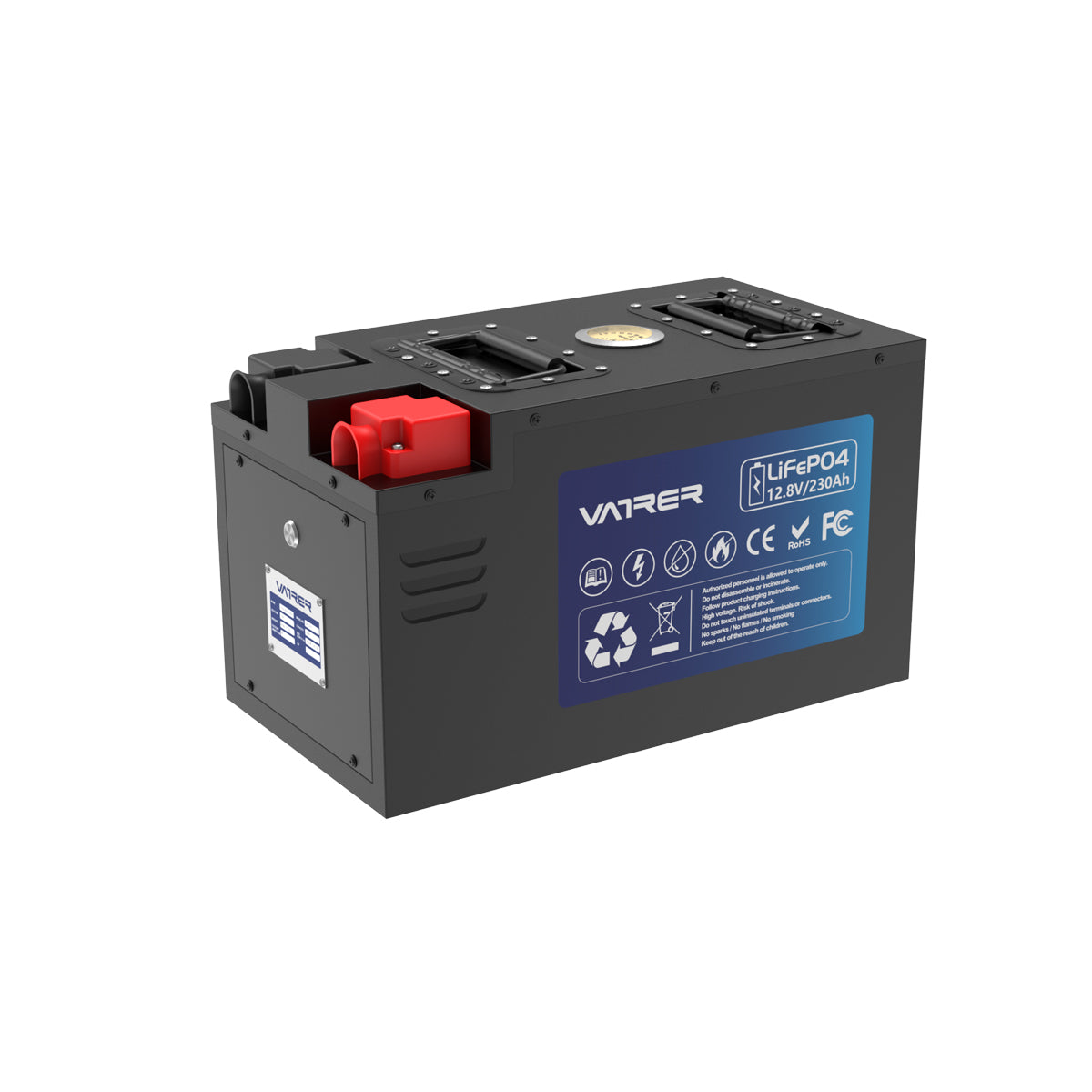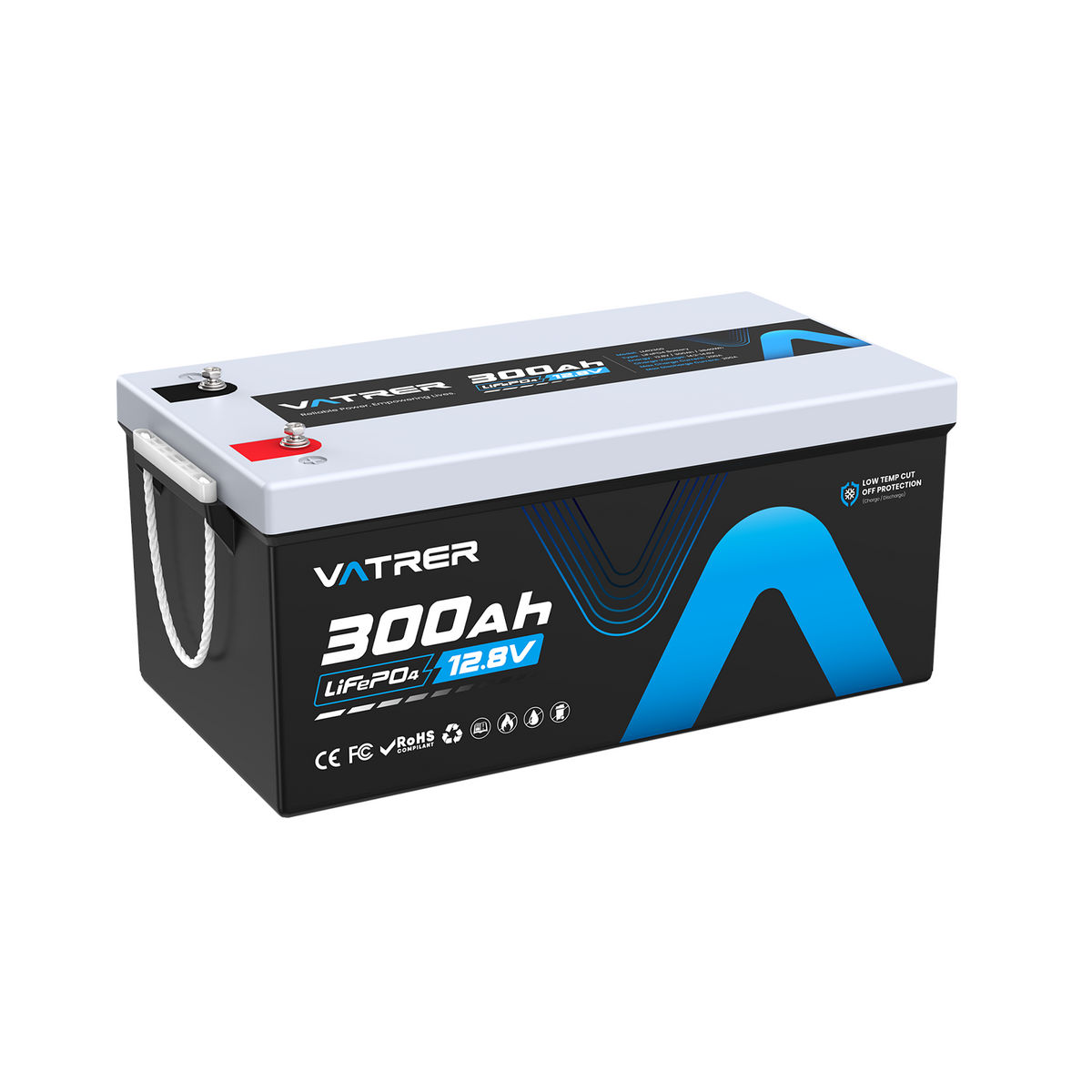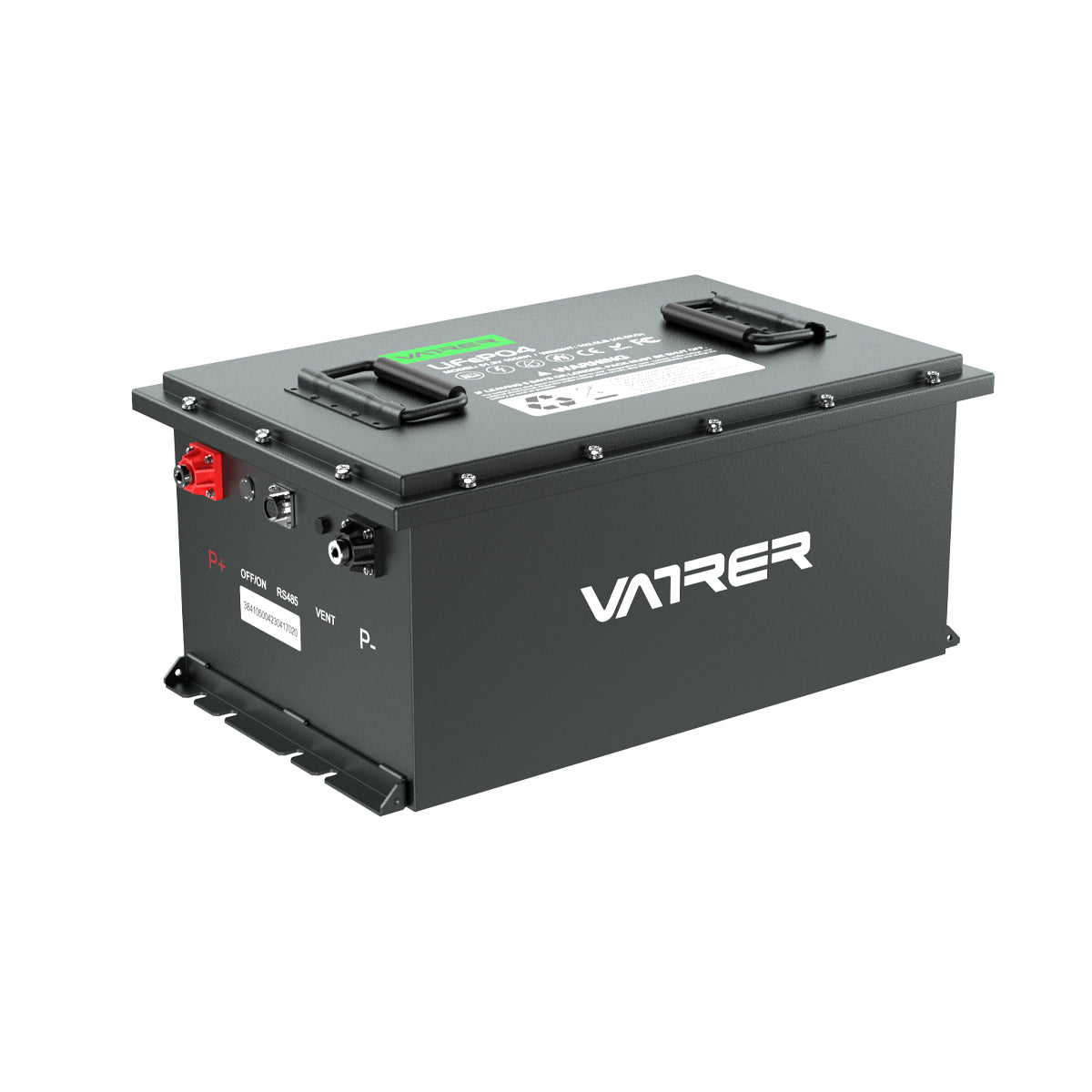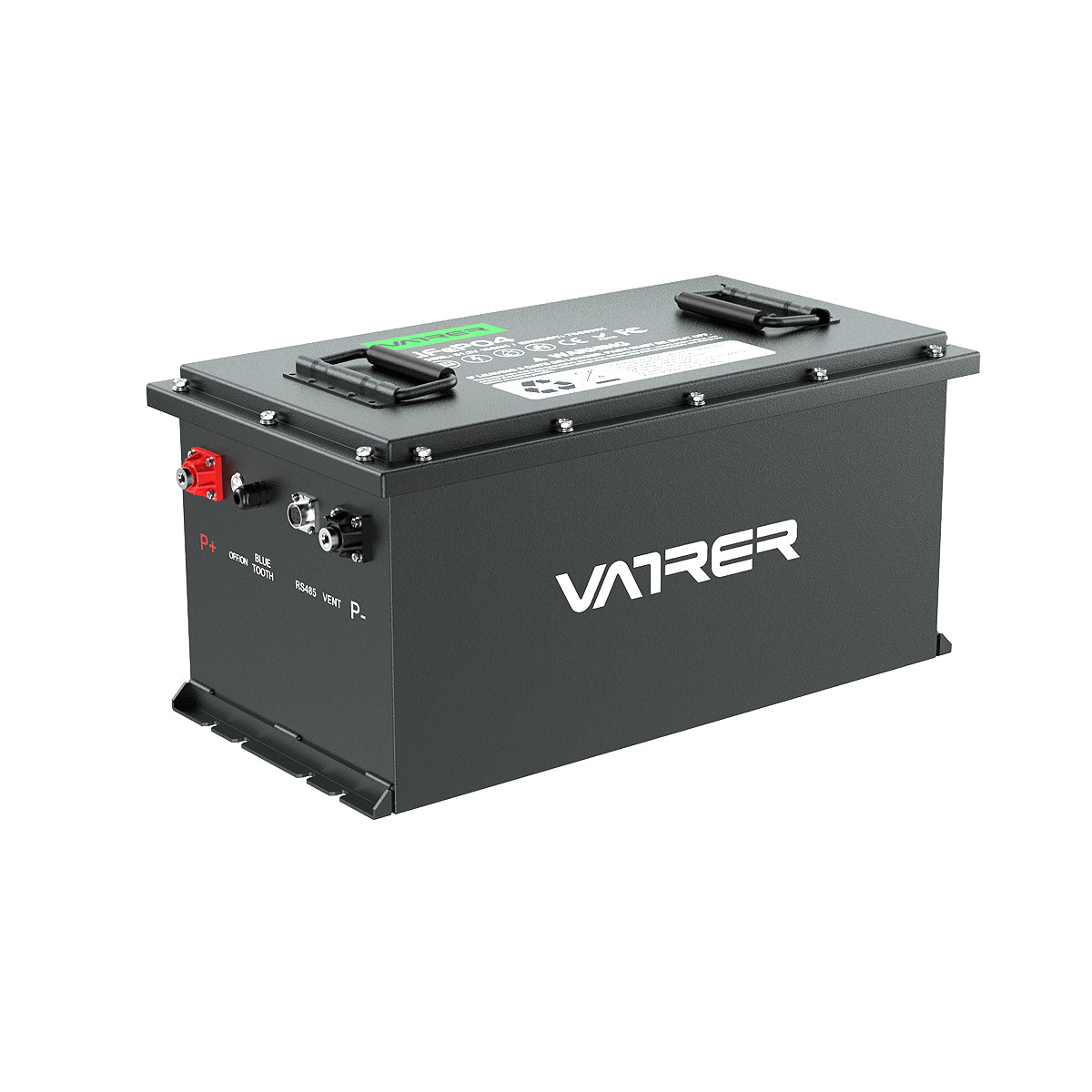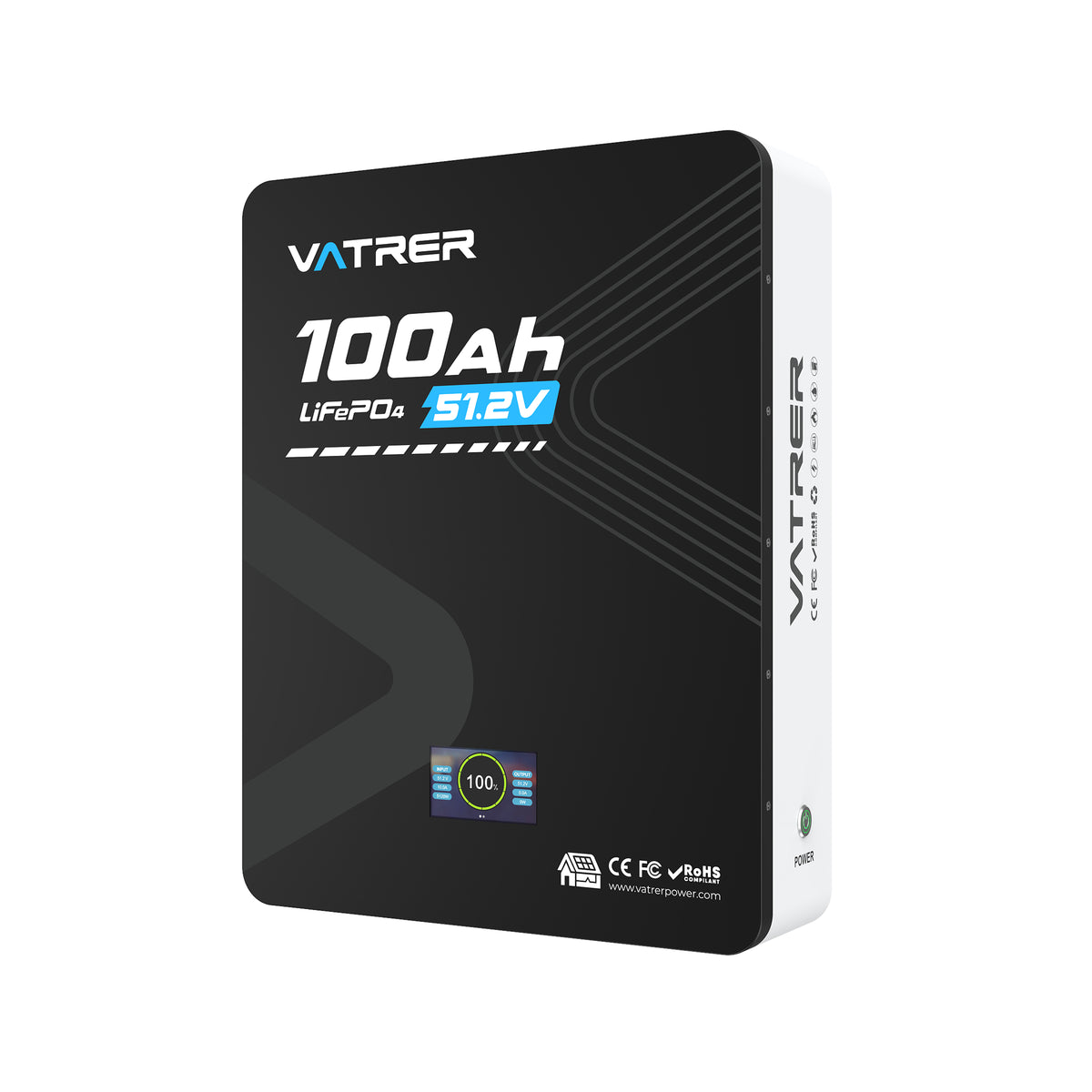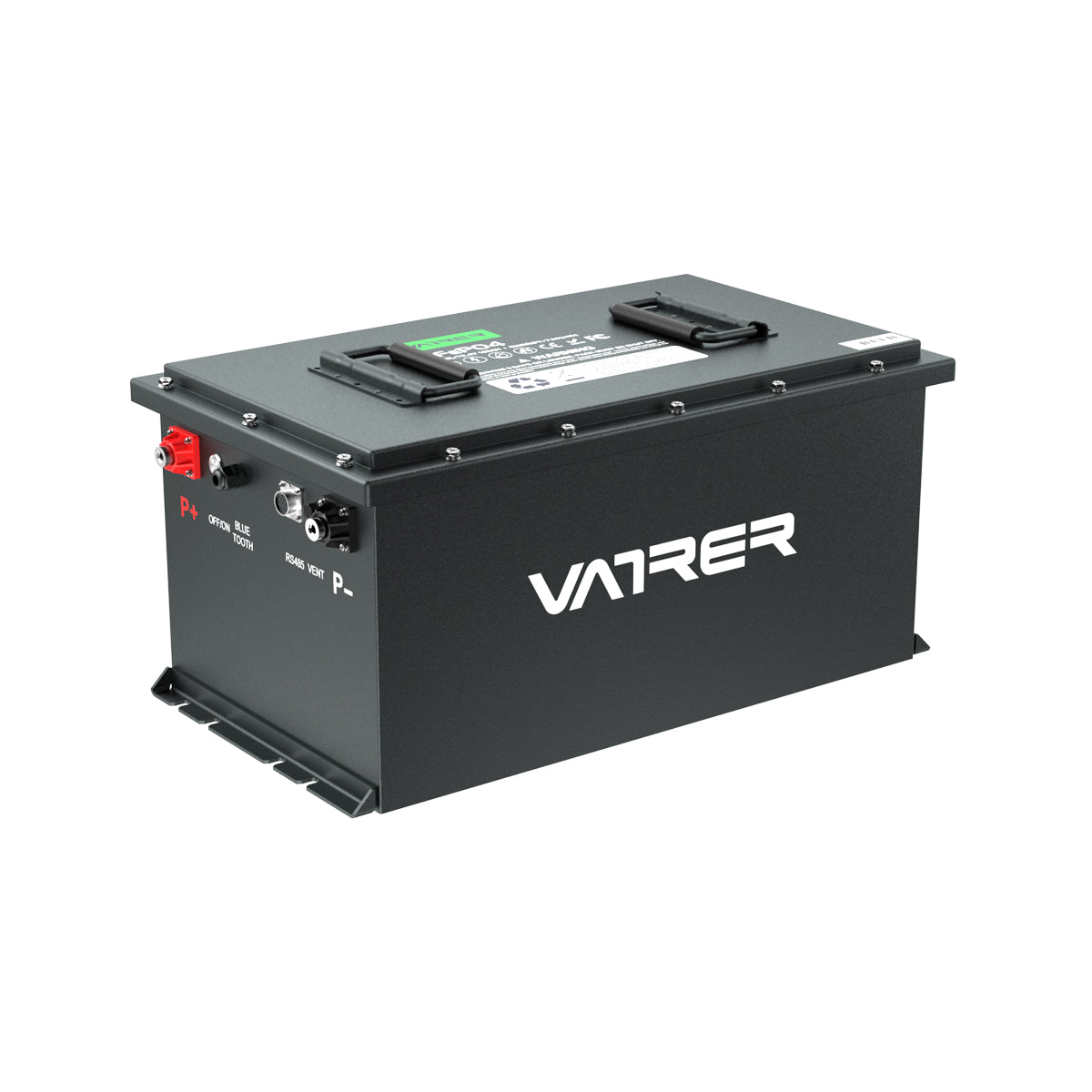1. Introduction
Overview of Camper Battery Charging
Camper battery charging is a critical aspect of maintaining the functionality and reliability of recreational vehicles (RVs). Understanding how your camper battery charges, especially when connected to a 30 amp power source, is essential for ensuring that your vehicle's electrical systems operate smoothly. This paper explores the mechanisms involved in camper battery charging, focusing on the use of a 30 amp power supply.

Importance of Understanding Power Sources
For RV enthusiasts, understanding the various power sources available and how they interact with the camper's electrical system is crucial. This knowledge not only helps in optimizing the performance of the camper but also in preventing potential issues that could arise from improper charging. A well-maintained battery ensures that all electrical appliances and systems within the camper function efficiently, providing a comfortable and hassle-free camping experience.
2. Understanding Camper Electrical Systems
Components Involved in Charging
The camper's electrical system comprises several components that work together to charge the battery. These include the battery itself, the converter, the inverter, and the alternator. Each component plays a specific role in ensuring that the battery receives the necessary charge to power the camper's electrical systems.
-
Battery: The heart of the camper's electrical system, storing energy for use when the camper is not connected to an external power source.
-
Converter: Converts 120-volt AC power from an external source into 12-volt DC power to charge the battery.
-
Inverter: Converts DC power back into AC power to run appliances that require AC power.
-
Alternator: Charges the battery while the vehicle is running, using the engine's power.
Role of Converters and Inverters
Converters and inverters are pivotal in the charging process. The converter ensures that the battery is charged when the camper is plugged into an external power source, such as a 30 amp outlet. It reduces the voltage from 120 volts to 12 volts, which is suitable for charging the battery. On the other hand, the inverter allows the use of AC appliances by converting the stored DC power back into AC power.
3. Charging Mechanism on 30 Amp Power
How 30 Amp Power Works
A 30 amp power supply is a common electrical hookup available at many campgrounds. It provides a maximum of 3,600 watts of power (30 amps x 120 volts), which is sufficient for most campers' needs. When a camper is plugged into a 30 amp outlet, the converter takes the incoming AC power and converts it to DC power to charge the battery.
Efficiency of Charging with 30 Amp
The efficiency of charging a camper battery with a 30 amp power source largely depends on the condition of the converter and the battery itself. A well-functioning converter will efficiently convert the AC power to DC, ensuring that the battery is charged effectively. However, if the converter is faulty or the battery is in poor condition, the charging process may be less efficient, leading to longer charging times or incomplete charging.
4. Factors Affecting Charging Efficiency
Condition of the Converter
The converter's condition is a significant factor in determining the efficiency of the charging process. A malfunctioning converter may not adequately convert AC power to DC, resulting in insufficient charging. Regular maintenance and timely replacement of faulty converters are essential to ensure optimal charging efficiency.
Battery Health and Capacity
The health and capacity of the battery also play a crucial role in charging efficiency. A battery in good condition will charge more efficiently than one that is old or damaged. Regularly checking the battery's health and replacing it when necessary can help maintain efficient charging.
External Factors (Temperature, Usage)
External factors such as temperature and usage patterns can also impact charging efficiency. Extreme temperatures can affect the battery's ability to hold a charge, while high usage can drain the battery faster than it can be charged. Being mindful of these factors and adjusting usage accordingly can help optimize charging efficiency.
5. Troubleshooting Charging Issues
Common Problems and Solutions
Several common issues can arise when charging a camper battery with a 30 amp power source. These include:
-
Blown Fuses: Check and replace any blown fuses in the electrical system.
-
Faulty Converter: Inspect the converter for any signs of damage or malfunction and replace if necessary.
-
Poor Battery Health: Test the battery's health and replace it if it is unable to hold a charge.
Maintenance Tips for Optimal Charging
To ensure optimal charging, regular maintenance of the camper's electrical system is essential. This includes:
-
Regularly inspecting and cleaning battery terminals to prevent corrosion.
-
Checking the converter and inverter for any signs of wear or damage.
-
Ensuring that all electrical connections are secure and free from damage.
6. Conclusion
Summary of Key Points
In conclusion, a camper battery does charge when plugged into a 30 amp power source, provided that the electrical system is in good condition. The converter plays a crucial role in converting AC power to DC, allowing the battery to charge efficiently. Factors such as the condition of the converter, battery health, and external conditions can affect charging efficiency.
Recommendations for Camper Owners
For camper owners, understanding the charging process and maintaining the electrical system is vital for ensuring a reliable power supply. Regular maintenance, timely replacement of faulty components, and being mindful of external factors can help optimize charging efficiency and prolong the life of the camper's battery. By taking these steps, camper owners can enjoy a seamless and enjoyable camping experience.

